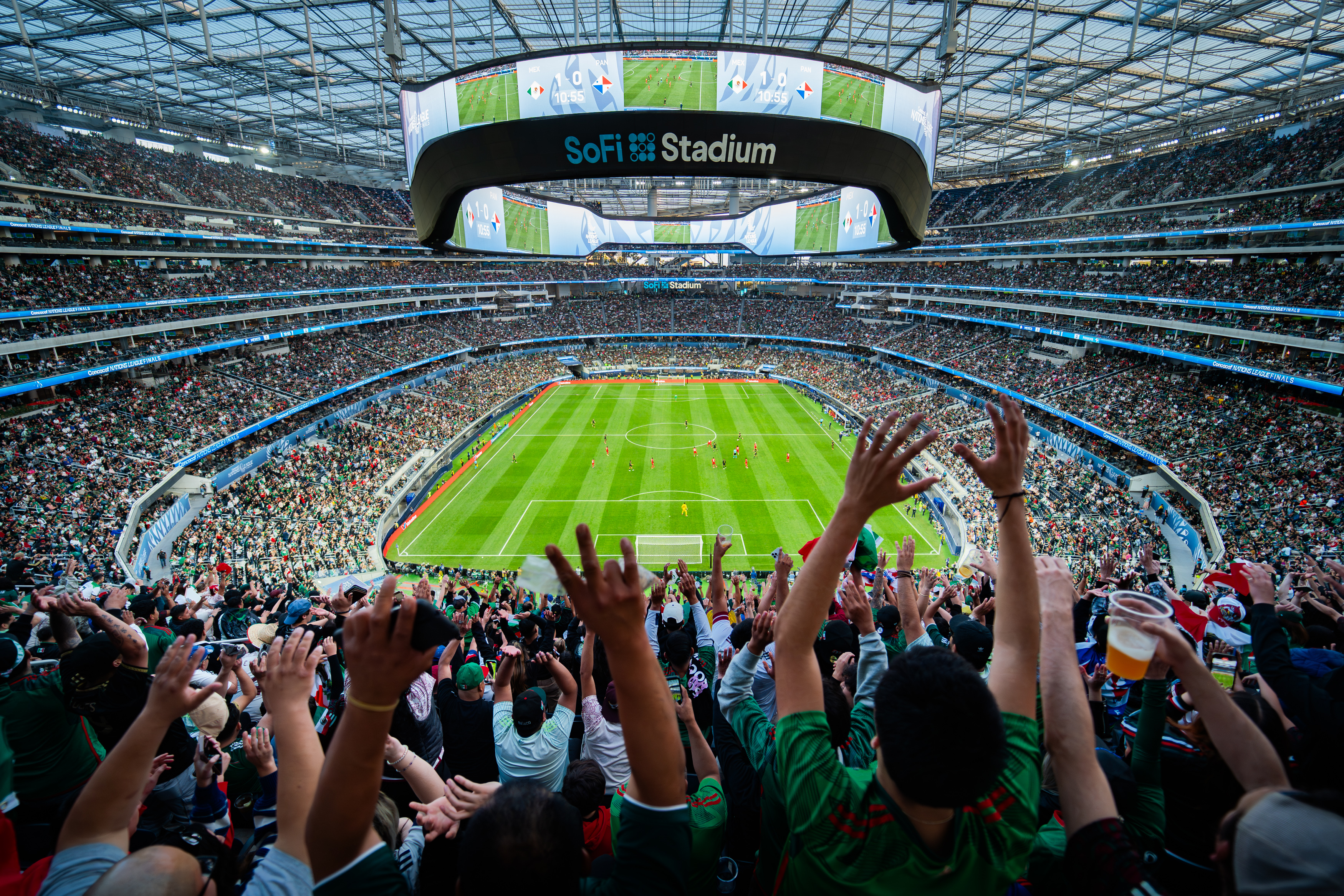England enthral, crowds come back and breakaway bid blunted in eventful 2021
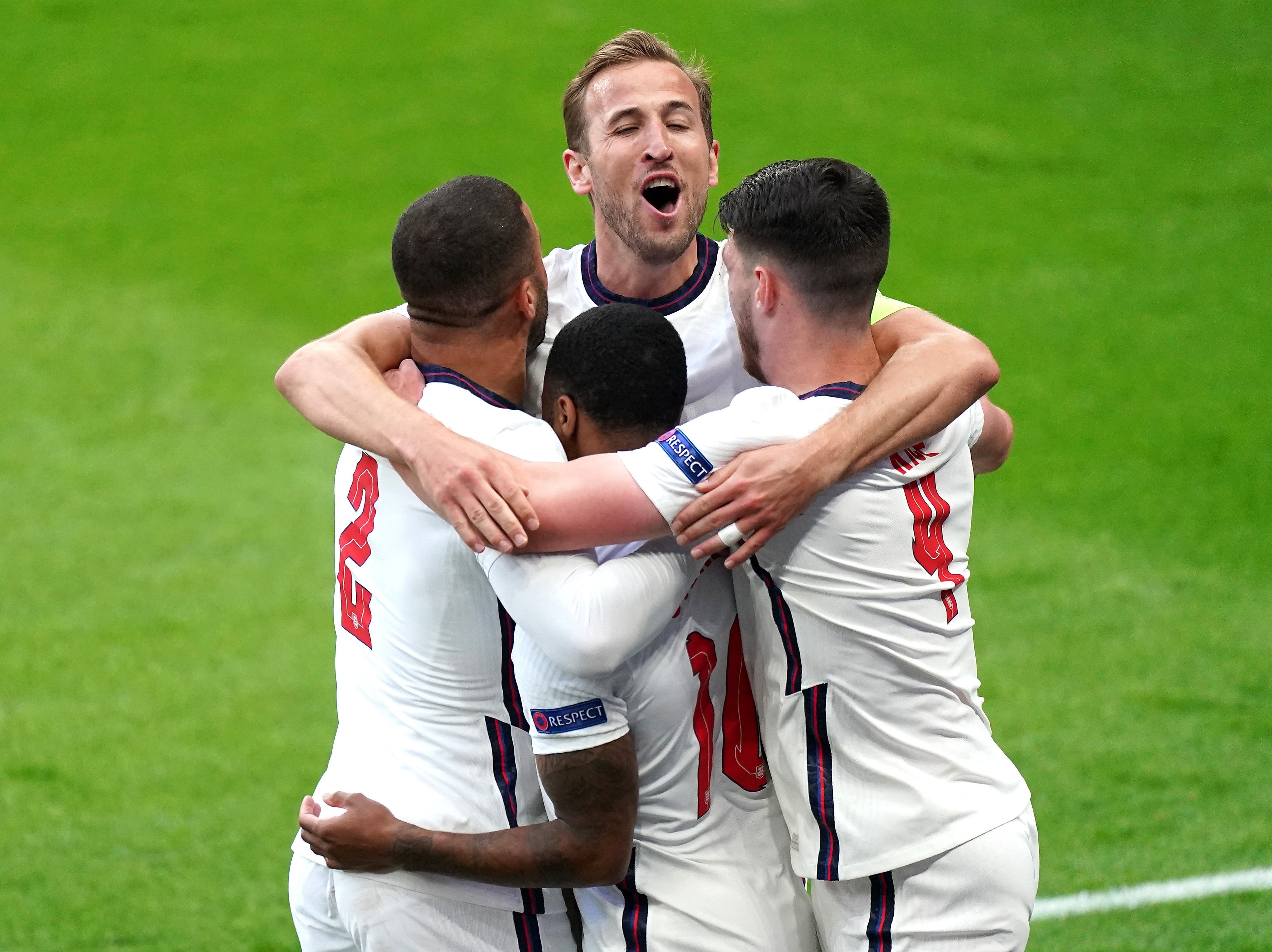
As the crowds returned to football in 2021, so to did England’s love for its national team.
It was a year that began with lockdown restrictions and the cold sight of games behind closed doors but, by midsummer, joy abounded as Gareth Southgate led his impressive team on a glorious march to the Euro 2020 final.
With Raheem Sterling impressing throughout and Harry Kane growing into the delayed tournament, England, playing most of their matches on home soil, fed off the energy of the fans to reach their first major final since 1966.
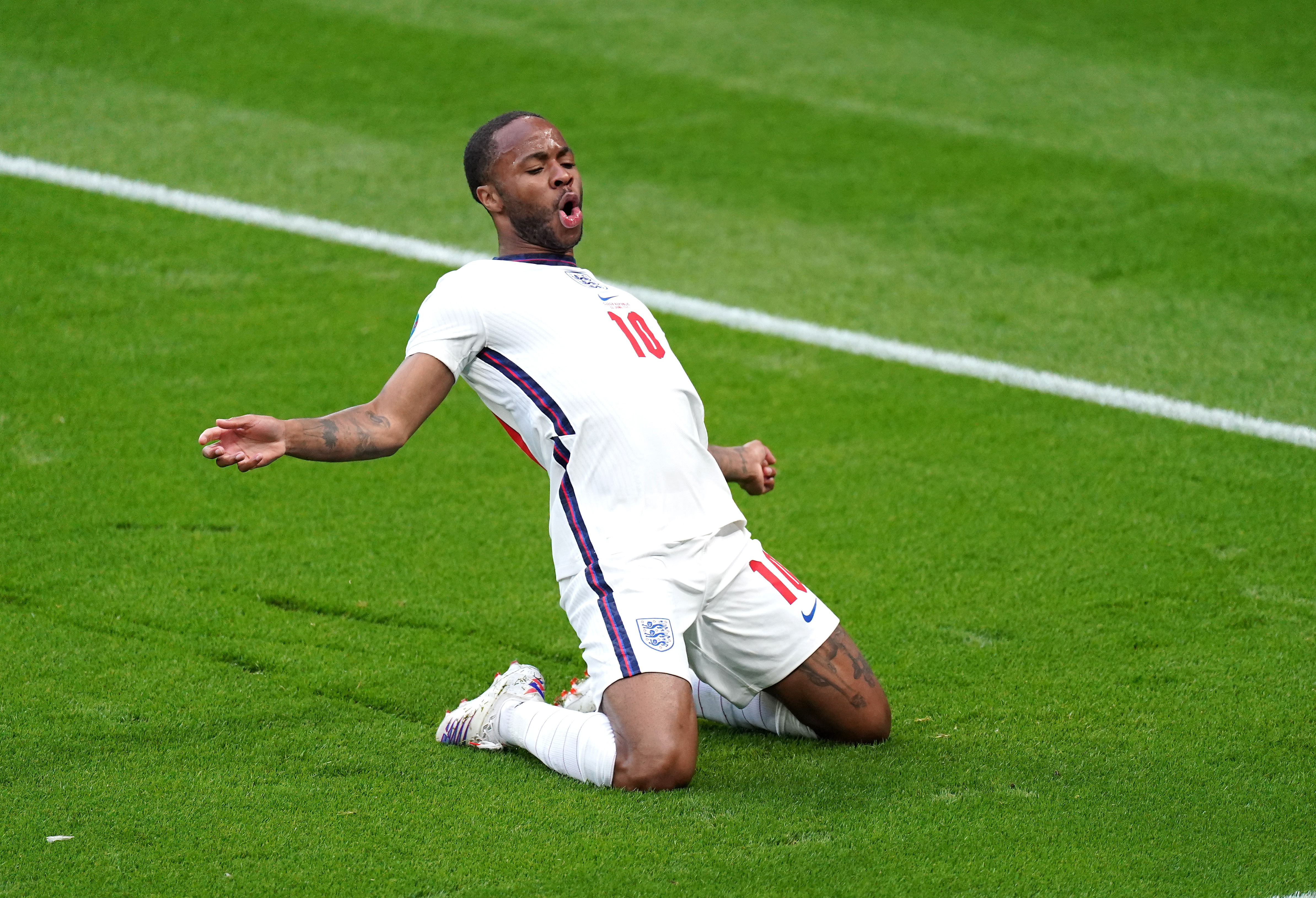
After the group stage was safely negotiated, there were memorable wins over Germany, Ukraine and Denmark that will surely be celebrated for years to come.
With other fancied sides such as France and Portugal falling by the wayside, the draw opened up kindly but an Italy side that electrified the tournament had the final say.
Luke Shaw struck early in the final at Wembley but Roberto Mancini’s men hit back through Leonardo Bonucci and went on to prevail on penalties as England’s old Achilles heel again proved their undoing.
It was also an occasion that turned sour in other ways, though, marred as it was by serious crowd disturbances in and around Wembley and by the England players who missed their spot-kicks – Marcus Rashford, Jadon Sancho and Bukayo Saka – being subjected to vile racist abuse.
The best features, fun and footballing quizzes, straight to your inbox every week.
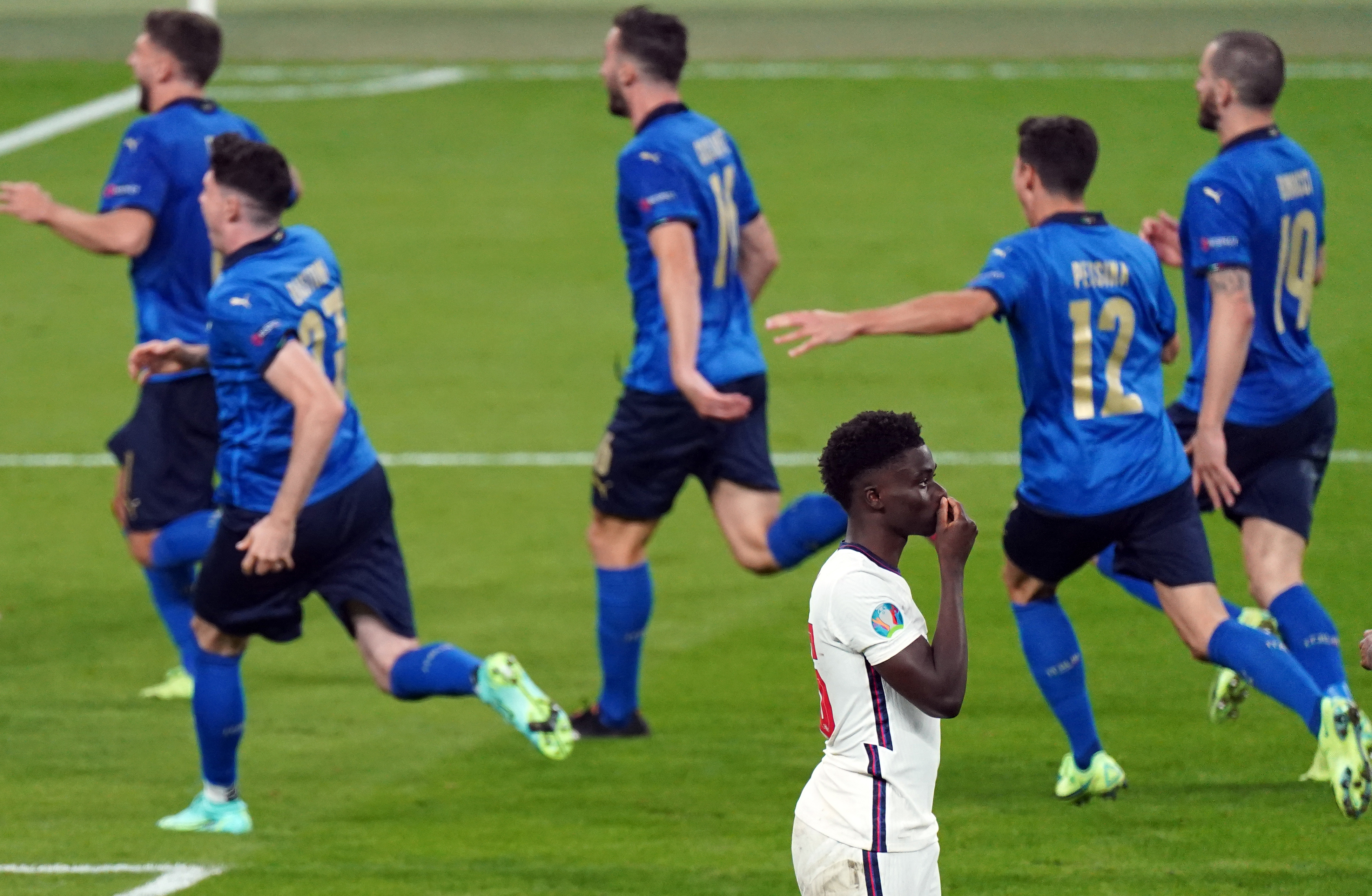
For all the good work done by Southgate’s switched-on, diverse and inclusive squad, it was an uncomfortable reminder of the issues the game must still confront.
England bounced back from their final heartache by sailing through World Cup qualifying, securing their place at Qatar 2022 in style by thrashing San Marino 10-0, their biggest win since 1964. Kane scored four to take his national tally to 48, five behind record-holder Wayne Rooney.
Wales reached the knockout stages at the Euros but could not repeat their 2016 heroics as they bowed out to Denmark in the last 16. Scotland could not win a match in their first major tournament since 1998 but did at least frustrate auld rivals England to claim a creditable draw at Wembley.
Both countries also remain hopeful of reaching the World Cup having secured places in the qualification play-offs, where they could meet each other, next spring.
Denmark’s run to the semi-finals at Euro 2020, meanwhile, was one of the more poignant stories of the year, coming after star player Christian Eriksen suffered a cardiac arrest during their first match against Finland.
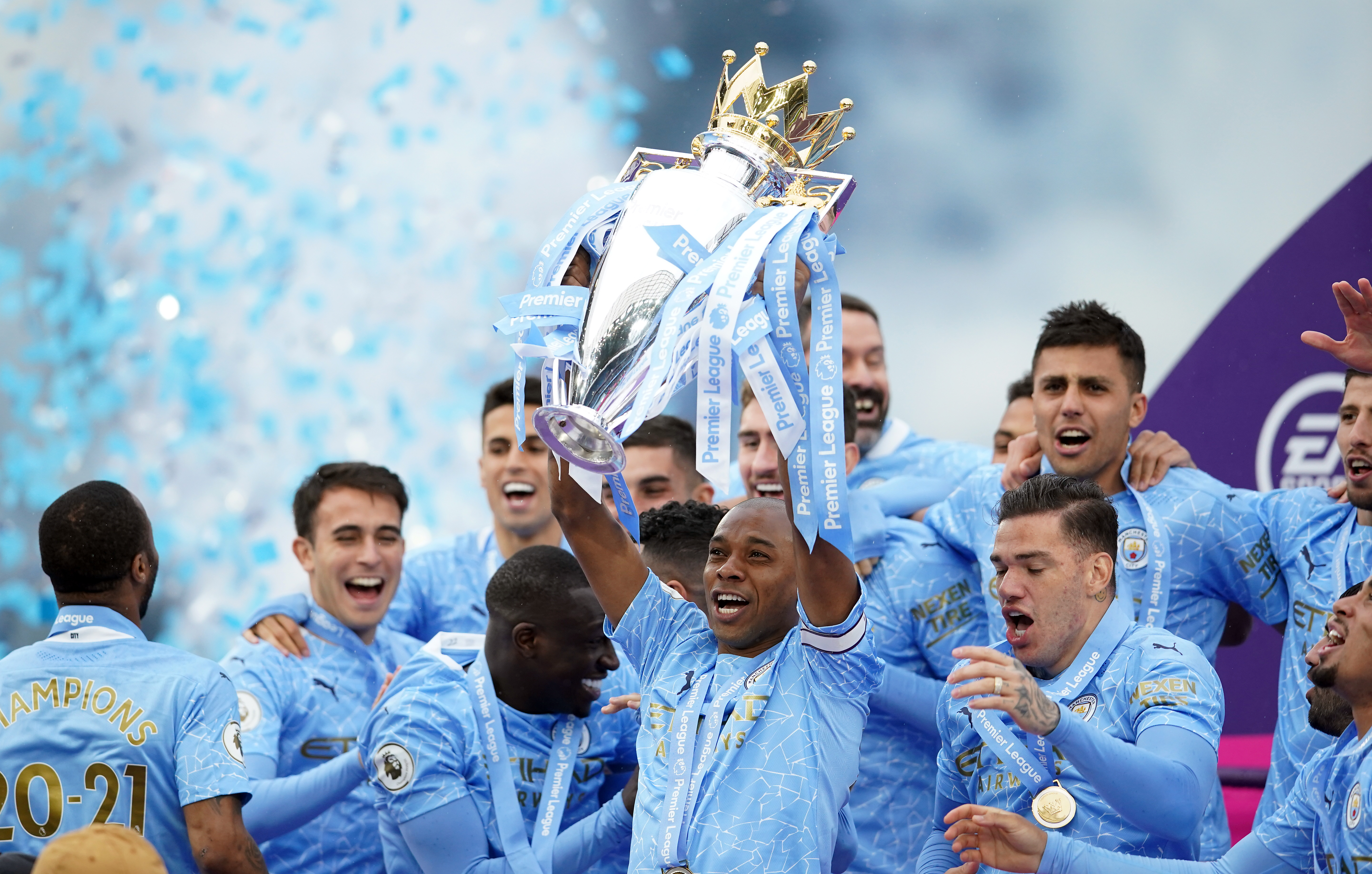
On the club scene, after the controversy over the attempts of the Premier League’s so-called ‘big six’ to join a European Super League collapsed, there was no stopping Manchester City marching to their third title in four years.
They also claimed their fourth successive Carabao Cup but their hopes of an unprecedented quadruple were dashed by a Chelsea side revitalised under Thomas Tuchel after parting company with Frank Lampard.
The Londoners edged their FA Cup semi-final 1-0 and then repeated that victory on the grandest stage, in the Champions League final. Kai Havertz scored the only goal on a memorable night for Chelsea in Porto.
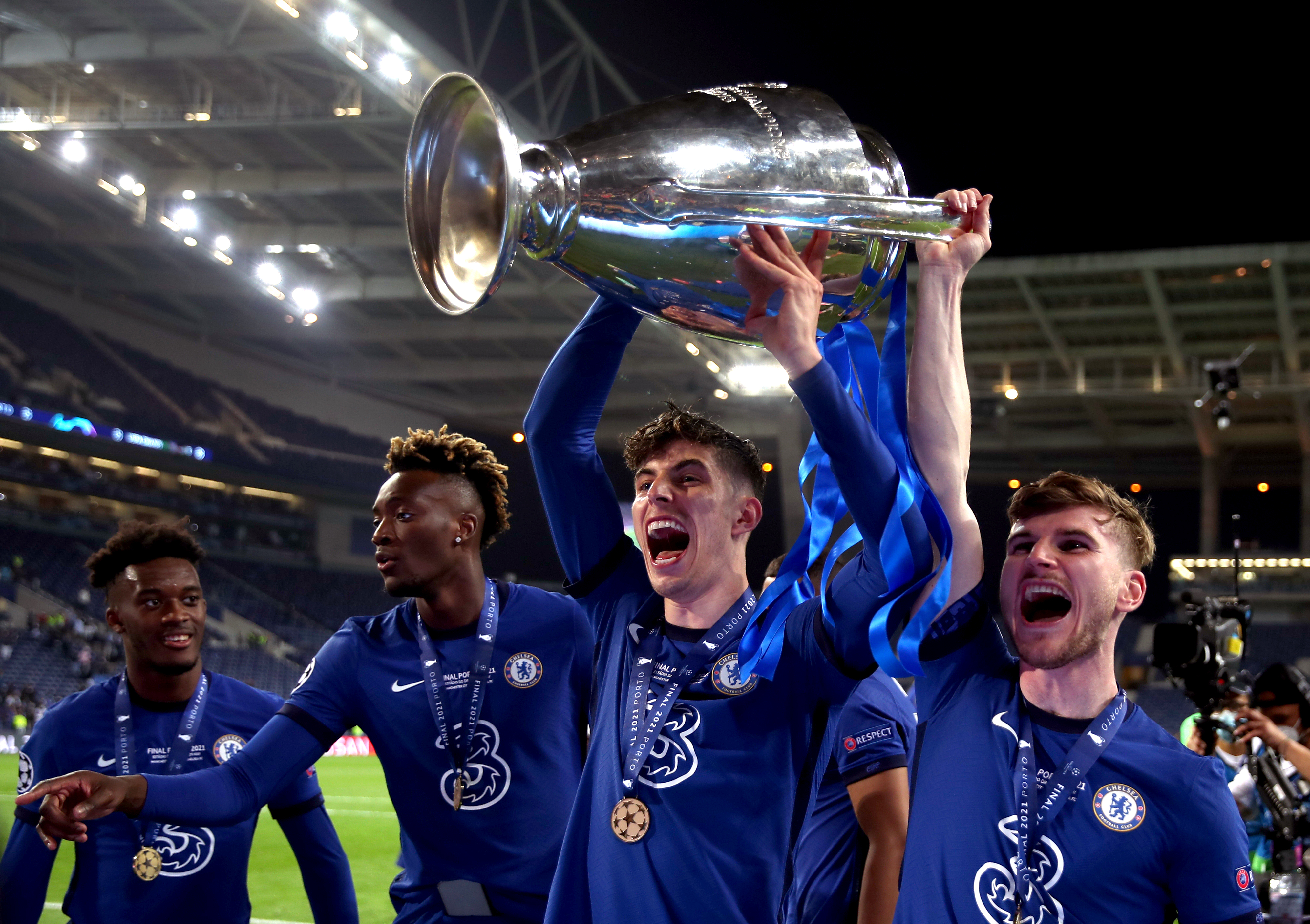
Tuchel did not have everything his way as Leicester won the FA Cup final thanks to a stunning goal from Youri Tielemans.
The summer saw City break the British transfer record to sign Jack Grealish from Aston Villa for £100million but their attempts to prise Kane out of Tottenham proved fruitless. They were also linked with Cristiano Ronaldo but the five-time Ballon d’Or winner instead opted for an emotional return to Manchester United.
North of the border, Rangers ended Celtic’s nine-year stranglehold on the Scottish Premiership title while St Johnstone claimed a cup double.
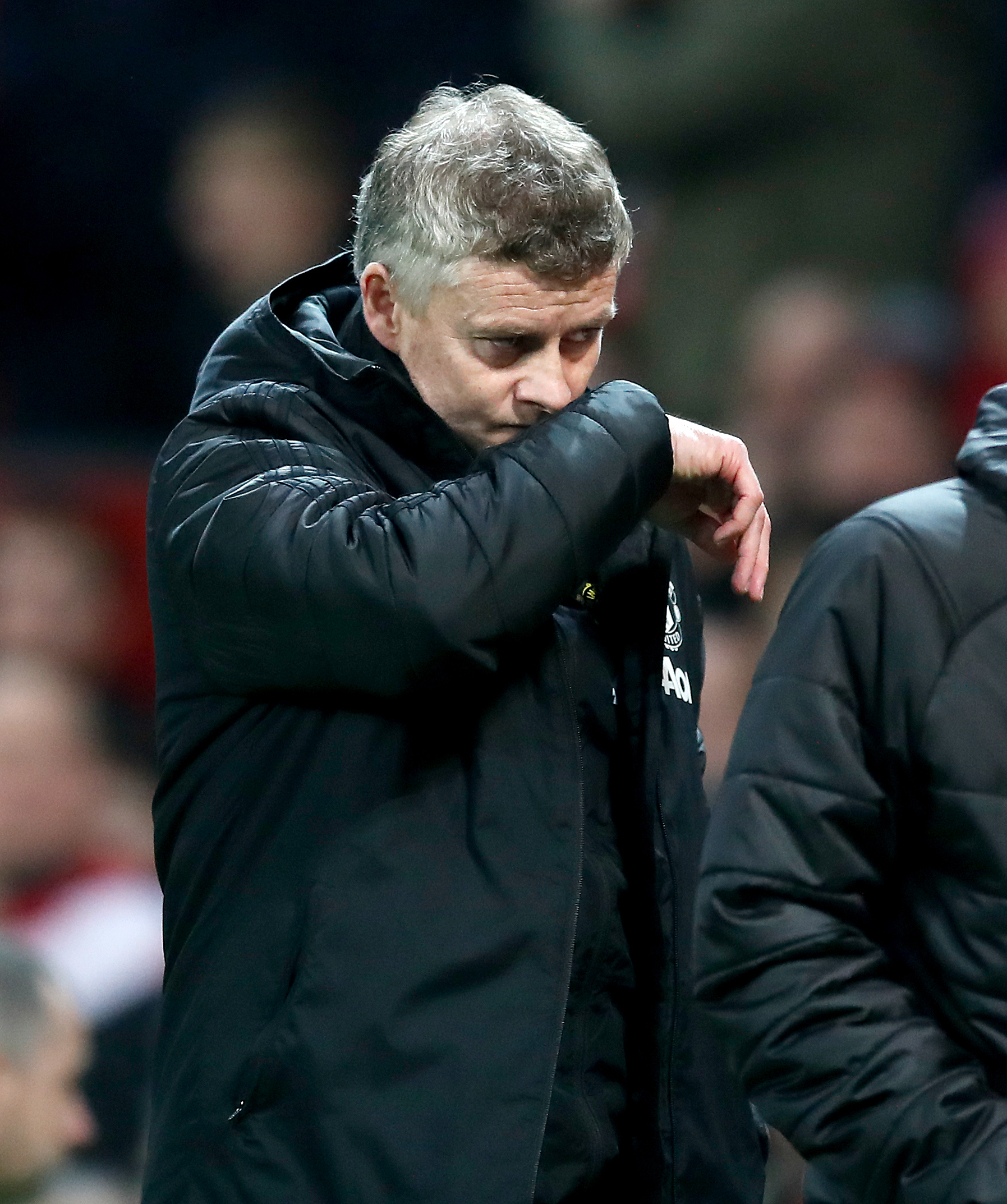
Rangers boss Steven Gerrard later left Ibrox to take over at Villa, while other notable managerial changes included the departures of Ole Gunnar Solskjaer from United and Jose Mourinho from Tottenham.
Spurs also sacked Mourinho’s replacement Nuno Espirito Santo before settling on Antonio Conte while former Liverpool boss Rafael Benitez popped up, of all places, at Everton.
Bigger changes occurred at Newcastle after Mike Ashley’s attempts to sell to a Saudi-backed consortium were finally approved. Manager Steve Bruce was an early casualty of the new regime with Eddie Howe replacing him and immediately plunged into a relegation battle.
 Join The Club
Join The Club





